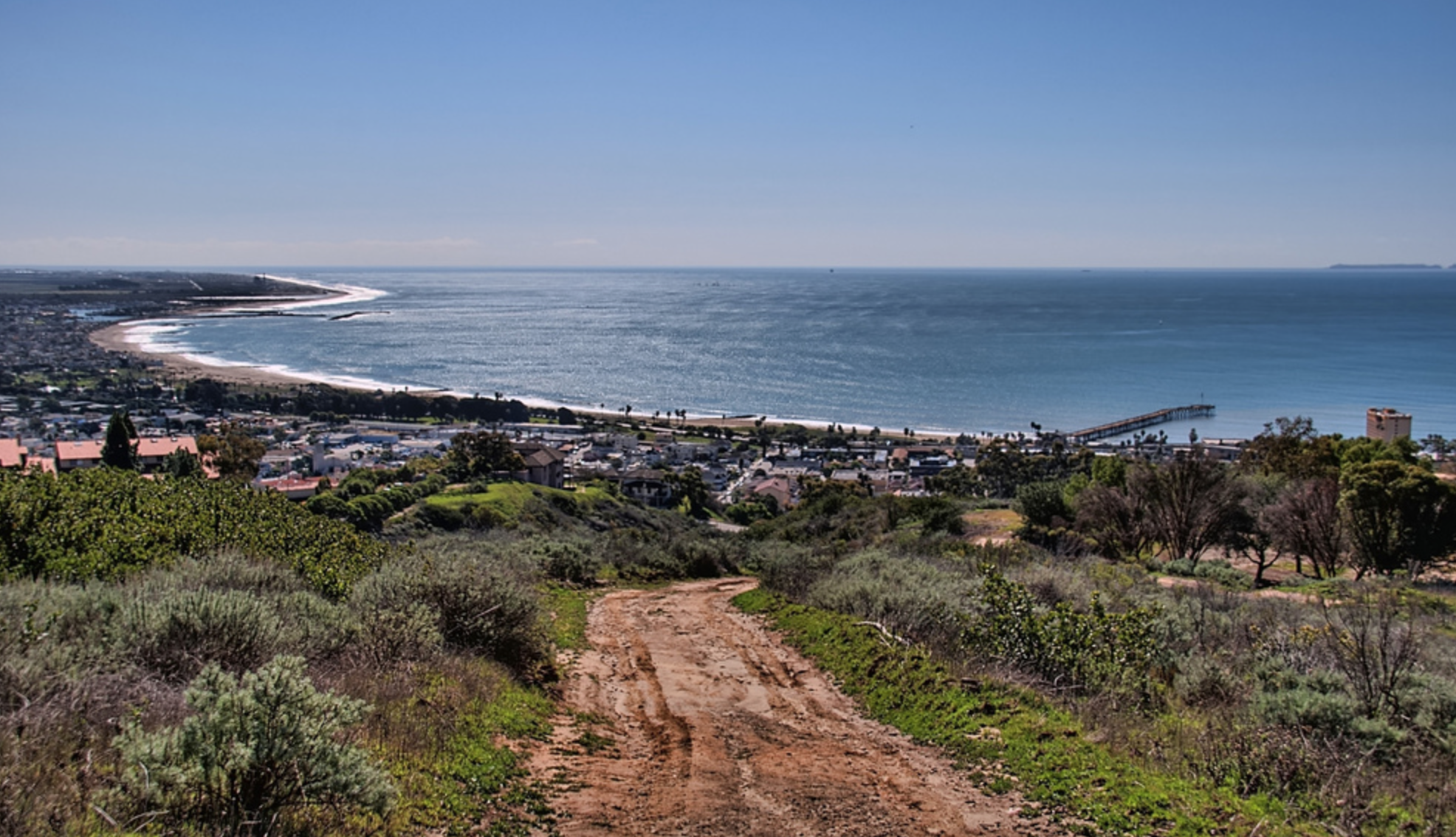Bill Fulton, currently the director of the Kinder Institute for Urban Research, has had several careers, including journalism, planning, politics and now policy research. Though California is sometimes considered a bad word here in Texas, when Fulton made his trip from the West Coast to Houston to start his position with the Kinder Institute, at least one person anxiously awaited his arrival. "I've been waiting for him to fix this city," joked Lisa Gray, senior editor of digital at the Houston Chronicle, in conversation with Fulton Tuesday evening to mark the release of his book "Talk City: A Chronicle of Political Life In An All-American Town." A collection of writings he started online while serving as the mayor of Ventura, CA between 2009 and 2011, the book has lessons for anyone interested in civic life, local democracy and the common challenges facing cities of all sizes.
In the blog, Fulton riffed on everything from parking to voter turnout. "Ventura is a city of more than 100,000 people and 60,000 registered voters. Yet when I was first elected to the Ventura City Council 11 years ago, I received only 8,000 votes – and I won in a landslide," he wrote in 2014, reflecting on his time as mayor. What emerges from his writings could be a portrait of many American cities facing the fallout of a financial crisis, confronting escalating housing prices and trying to guide and manage sometimes controversial growth.
"California has these endless growth wars," Fulton told the crowd Tuesday, referencing Houston's own fight around the Ashby high-rise. "Imagine that about everything, all the time," he said, "that is what it's like to deal with growth and development in California, particularly in coastal towns."
With a background in journalism, Fulton said he had covered and observed politics for many years. "You sit in the audience for 25 years and you think, I can do better than those guys," he said. "I really wanted to see if we could end the growth wars and manage some of the wounds," he added. "I really thought it was a moment in the history of a town that, if I ran and was elected, I could actually make a difference."
Ventura had its own political landscape and within it, Fulton was, as he puts it, "an environmentalist," but also, "an advocate for responsible growth." In addition to managing budget woes following the recession, Fulton had to deal with concerns about housing and downtown economic development. "One of the things I had to advocate for was putting the right kind of housing in the right place so the people you wanted in town could afford them."
Though Houston and Ventura are on their face quite different, Fulton said challenges like these are now commonplace for many cities and are particularly relevant for the two cities. "I do think there is a common desire to create a good life for the middle class," he said.
Then there were the seemingly smaller challenges, like downtown parking, that set off heated debate in the town. "People cruised all the time up and down Main Street looking for a parking space when a half block away was a parking spot," he said. So Fulton implemented changes and added paid parking along the main road. "There were a series of really interesting reactions," he said, "it really split the business community in half.” One shop owner in particular, a man who owned a knife and flag store, rallied the local Tea Party to oppose the changes. And despite the back and forth, Fulton said, "I'd like to think that one of the things I've been able to do is bring a little bit of rationality to discussions of parking.”
One of the first reports the Kinder Institute produced under his tenure was an analysis of parking in Rice Village by Kyle Shelton, the Kinder Institute's current director of strategic partnerships. And though he had fled California politics partly due to a looming pension crisis, Fulton quickly confronted Houston's own pension mess with a report from the Kinder Institute that helped provide facts and analysis to guide the public conversation.
Continuing his effort to explain the sometimes complicated or opaque workings of local government, Fulton said he still aims to bring clarity and rationality to thorny political issues.
Fulton first offered some advice for politicians and the wave of first-time candidates: "Run from your side and govern from the middle," he said, and "never put yourself in a position where you cannot go out for a drink with the person" you disagree with most at the end of the day.
And for Houston: "Ideally, what you can learn from California in Houston is to take some of what California has done and marry that to some of the stuff you do well in Houston," particularly around environmental concerns and affordable housing. "One of the things we can learn post-Harvey, there are greenish solutions to a lot of problems that in Texas we have not traditionally examined….the fact that California has such unaffordable housing has given rise to a lot of techniques and understandings that Houston would do well to bear in mind as housing in Houston has become more unaffordable."
Even though Fulton suggested his appetite for political office is no longer there, he still sees vitality in local government and its many stakeholders because it provides an immediacy and direct connection to challenges and solutions. "Communities succeed," Fulton wrote back in 2011 when he left office, "not because the city government takes everything on and pays for it, but because a broad coalition of people, organizations, and institutions work together to get things done in a timely, high-quality, and cost-efficient manner."

